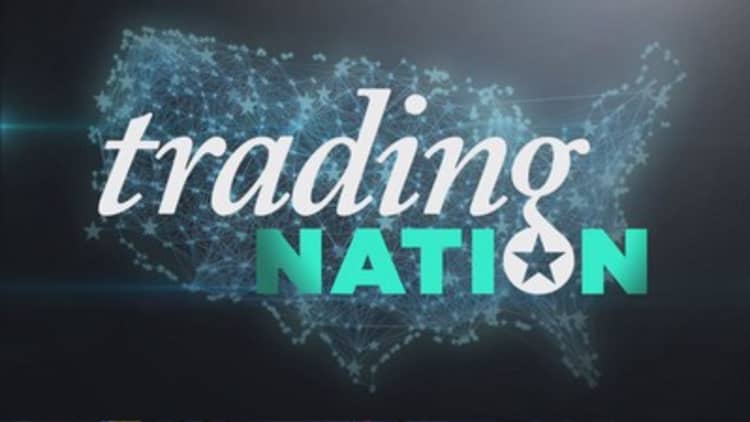
On paper, Venezuelan stocks have skyrocketed this year, rising some 300 percent. But looks can be deceiving. And far from being a testament to the strength of the Venezuelan economy, the rally actually speaks to its weakness and fragility.
For starters, the move largely reflects the collapse of Venezuela's currency, the bolivar.
Venezuela has stopped releasing official inflation data, but economists polled by Reuters say an annual inflation rate of 108 percent has been logged through the end of May, thanks to rampant money printing and the collapse of oil. In the U.S., prices are unchanged over the same period, according to the government's consumer price index.
Beyond the bolivar's collapse, the direct cause of the rally is fear, according to several analysts.
"Frantic investors are using the stock market as a vehicle to hedge against rapid currency devaluation. Better to hold stocks than bolivars, is the prevailing thinking," Charlie Bilello of Pension Partners wrote in a blog post.
It's also worth noting that the index is a small one. The general index is composed of just 11 companies, which include banks, a telecom company and a steel producer.
Read More Buying Greek stocks is like buying a lottery ticket—really!
Still, since the Caracas general index is up some 600 percent in 12 months, and 23,000 percent over the past five years, the theoretical American investor who was able to convert money into bolivars, buy Venezuelan stocks and convert the money back to dollars has likely generated a handsome profit.
Whether that would actually be a possibility, given Venezuela's strict capital controls, is another question.
But assuming that Americans can find a way to invest, is it worth it?
"We just don't think that you've got a trustworthy political system there that you want to be invested with," said Curtis Holden, senior investment officer with Tanglewood Wealth Management.
Holden points out that Venezuela ranked dead last in the World Justice Project's 2015 "Rule of Law" rankings.
"It's just a dangerous place to be invested at. We would look at it as something speculative, rather than an investment where you really want to put your money or put a significant amount of money," Holden said Friday on CNBC's "Trading Nation."
Even technical analysts, who tend to be enamored of rapidly rising chart lines, are not enticed.
"I don't like to try to chase these parabolic charts, because you're not quite sure when the music is going to stop," said Craig Johnson, head of technical analysis at Piper Jaffray. "And when the music stops, you get some pretty sharp sell-offs."
"Kind of like what you're seeing right now with the index," he said.
Want to be part of the Trading Nation? If you'd like to call into our live Monday show, email your name, number, and question to TradingNation@cnbc.com.






